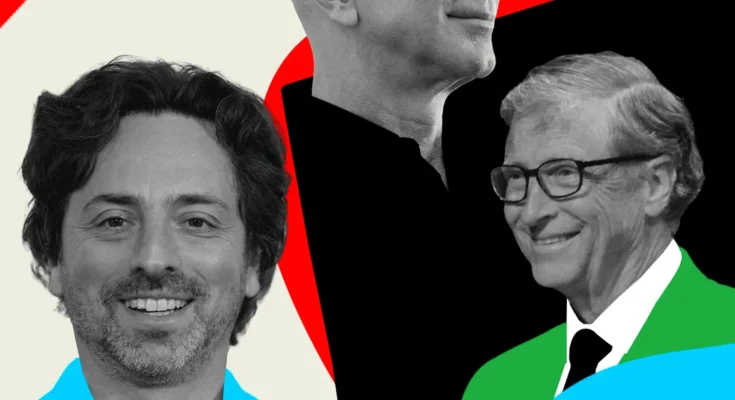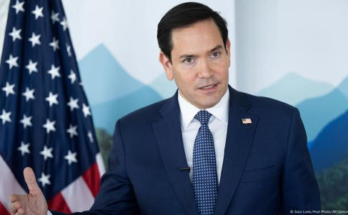As technology continues to change our world, a new class of billionaires has arisen—tech moguls who build empires on software, hardware, and digital services. These titans of industry—from Elon Musk to Jeff Bezos, to Mark Zuckerberg and Larry Page—all develop billions, often tens or hundreds, of dollars. With that wealth comes opportunity and questions. What will tech moguls do with their vast fortunes?
1. Philanthropy 2.0
Giving has been one of the most visible avenues of tech wealth. Unlike traditional philanthropy, tech moguls approach giving with a mind toward science and data and an eye toward innovation. Think of the Chan Zuckerberg Initiative and its stated aim to “cure, prevent, or manage all disease” using leading-edge science and education reform, or Bill and Melinda Gates, who funneled billions into global health, vaccine development, and agricultural innovation.
Critics of this new philanthropy suggest this latest round of giving creates a gray line between altruism and influence. When billionaires start directing public policy through private foundations, who holds them accountable?
2. Space, the Final Frontier
Another large destination for tech wealth? To the stars. Elon Musk’s SpaceX and Jeff Bezos’s Blue Origin are betting on the future of humanity off-Earth
3. Transforming Cities and Infrastructure
From smart cities to subterranean tunnels, tech entrepreneurs are experimenting with models for rethinking urban living. Elon Musk’s The Boring Company wants to solve traffic congestion with high-speed underground tunnels. Bill Gates purchased thousands of acres in Arizona to build a “smart city” from the ground up.
These escapades all point to one possible future where development of infrastructure is not built on public policy but on private equity. This is both exciting and raises moral questions: who builds the cities of the future and who acts to live in them?
4. Techno-Utopian Experiments
Multiple billionaires are investing in experimental communities and ideologies (decentralized governance, longevity research, and sea steading – or building floating cities outside of long-standing national borders). Sam Altman’s project focusses on universal basic income and Bryan Johnson’s obsession with reversing aging, could be classified as other elements of time and changing experience in money – but collectively execute the plausible goal of not only rebuilding products, but changing people and society. Whether these pursuits are visionary, or simply vanity projects is still to be determined. But one thing they offer an integral truth: all of these tech entrepreneurs see themselves for more than businessmen – but engineers of the future.
5. Political Influence and Power
Where there is wealth, there is political power. The influence of tech billionaires on policy—both directly and indirectly—is increasing by the day. Some billionaires, such as Peter Thiel, are engaged in political campaigns and ideological movements openly. Others are funding think tanks, buying media companies, and supporting (or resisting) regulation that benefits them.
Consequently, there are important questions about democracy and political representation in the digital age, and we see the influence of tech wealth expanding into the public sphere at a time when government is struggling to adapt to technological change.
Conclusion:Wealth as a Tool—or a Mirror?
How tech moguls spend their wealth will have ramifications for generations. In a very real way, their investments will help decide how we live, learn, travel, govern, and even how we age. We see that their investments ultimately reflect a philosophy about the kind of future that is worth building.
But while we see their fortunes flowing into private rockets, biotech labs, underground traffic tunnels, and virtual worlds, we also have to ask—who benefits? Who gets to decide? And what kind of world do we want?
Ultimately, the narrative is not only about what the tech moguls will do with their money—but also what their choices tell us about all of us.



